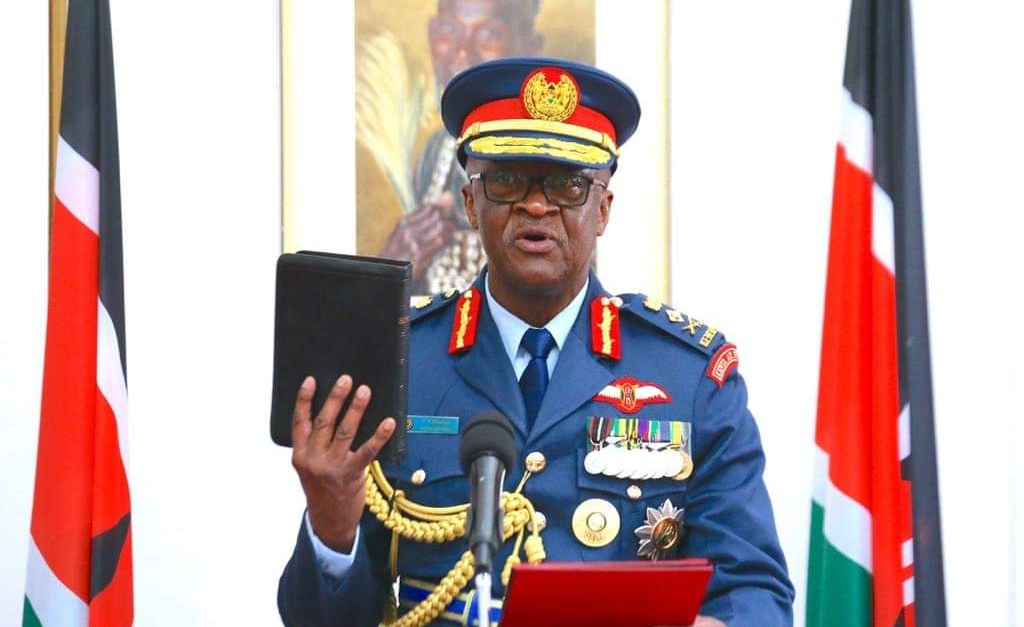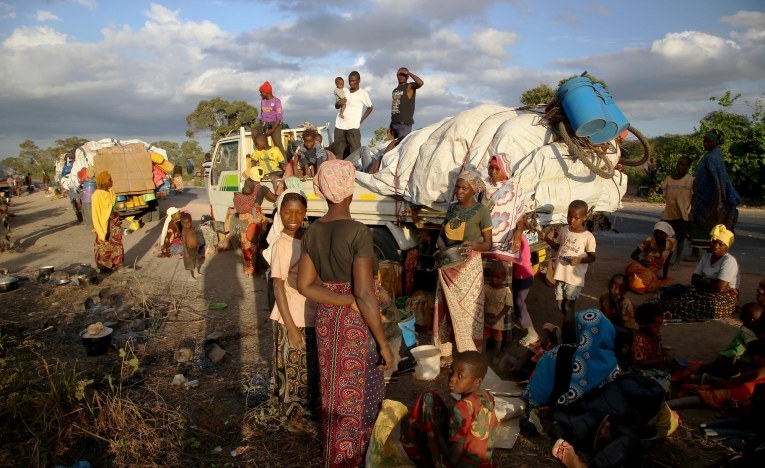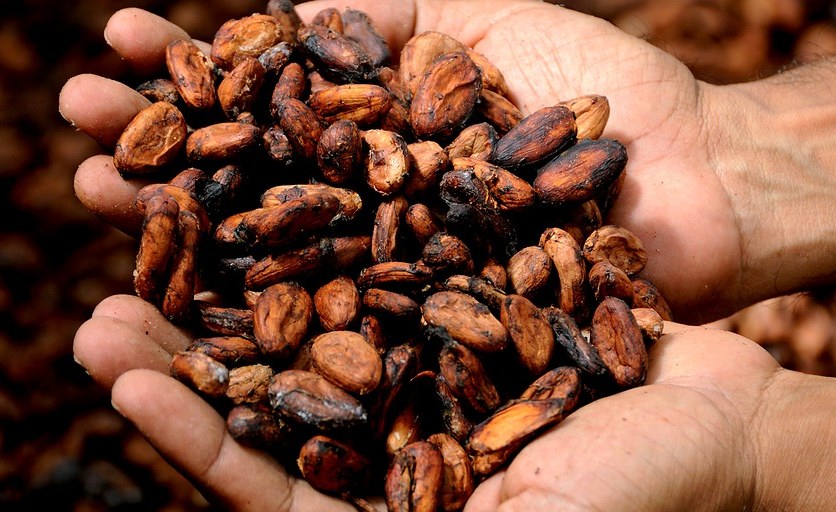The second and final leg of the Kenyan national public debate on capital punishment began. The debate is to solicit views from Kenyans on the administration of capital punishment and management of capital offences or what is popularly known as the death penalty.
The public discussion being spearheaded by the Power of Mercy Advisory Committee (POMAC) and National Crime Research Centre (NCRC) will be conducted in 28 Counties countrywide, within the next two months.
The counties include: Kirinyaga, Nyeri, Nyandarua, Samburu, Murang’a, Kiambu, Garissa, Kitui, Machakos, Makueni, Busia, Bungoma, Kakamega, Vihiga, Nandi, and Uasin Gishu.
Others are Elgeyo Marakwet, Trans Nzoia, West Pokot, Marsabit, Isiolo, Meru, Tharaka Nithi, Embu, Turkana, Mandera, Wajir, and Nairobi.
The debate provides a platform for Kenyans to express their opinions on capital offences and what form of punishment capital offenders should be subjected to. According to the Kenyan law, five types of offences attract capital punishment.
These are: murder, treason, and robbery with violence, attempted robbery with violence and oathing with intent to commit a felony.
According to a statement from the Advisory Committee, the public debate seeks to get public opinion on: Offences that constitute capital crime; Alternative punishment (if any) for capital offences; Length of life sentence and to bring stakeholders together to open the debate on death sentence.
“While the debate is open to the general public, representatives of the following groups are particularly encouraged to participate: Church and faith-based organisations, women, youth, village elders, media, civil society, persons with disabilities, the business community, county government, and other relevant arms of Government including prisons, office of the Director of Public Prosecution and Judiciary,” said the statement.
“Prisoners will also get a chance to participate in the debate.”
From the debate, the Advisory committee will document findings of the public views and make appropriate recommendations. The first public dialogue took place in June in the first 19 Counties.
In 2009, former President Mwai Kibaki commuted the sentences of all those on death row to life imprisonment. The decision affected over 4,000 prisoners and at the time was said to be one of the largest commutation of death sentences anywhere in the world.
According to the Kenya Prisons Act, executions are to be carried out by hanging. The last hanging in Kenya took place in 1987 after the plotters of the August 1982 coup attempt were sentenced to death. Although there hasn’t been a hanging since then, scores of convicts are sentenced to death each year.
The Cornell Center on the Death Penalty Worldwide documents that the Foundation for Human Rights Initiative estimated that there were up to 2,000 people on death row in 2013 in Kenya and estimates that 30 of them are women.
The Constitution of Kenya Article 26 states “[e]very person has the right to life,” and “[a] person shall not be deprived of life intentionally, except to the extent authorized by this Constitution or other written law.”
Death-sentenced prisoners are incarcerated in Kenya’s five maximum security prisons: Kamiti, Naivasha, Kingongo, Kibos, Manyani, Kodiaga, and Shimo La Tewa.
A February 2003, newsletter from the Kenya National Commission on Human Rights provides anecdotal evidence that capital cases can take over nine years to conclude. According to this report, capital defendants were not eligible for bail, and pretrial detention averaged 16 months but could last upwards of three years.
The current public debates come soon after the 6th World Congress against the death penalty in Oslo, Norway. Kenya has 118 penal institutions with a holding capacity of 26,000 inmates but the prisoners’ population stands at 52,517.
The Death Penalty Project, an international organisation that assists lawyers and NGOs in a number of African and Asian countries in criminal and constitutional cases brought on behalf of prisoners facing the death penalty, said that although Kenya has been a party to the International Covenant on Civil and Political Rights (ICCPR) since 1972, it has neither signed nor ratified the First Optional Protocol to the ICCPR allowing for the right of individual petition nor the Second Optional Protocol to the ICCPR aiming at the abolition of the death penalty.
The Death Penalty project in a press statement on the 14th World Day against the Death Penalty on October 10 said that the number of countries that have abolished the death penalty completely for all crimes in all circumstances stands at 103.
It said that six others have abolished it for all ordinary crimes and 31 are acknowledged as ‘abolitionist in practice’.
They say that only 39 countries have carried out an execution in the last 10 years, “most of them very infrequently—whereas the number at the beginning of 1989 was 101.”
“Last year only 25 out of 197 countries carried out an execution. The international trend is clear,” they said.
“We urge political leaders in all countries that still retain the death penalty, whether they currently carry out executions or not, to take the steps necessary to join the ranks of the majority of nations that have done away completely with the death penalty,” said the anti-death penalty organisation.
In February this year President Uhuru Kenyatta announced Government plans to establish a new correctional facility to confine extremist offenders.
Kenyatta said a separate prison for extremist offenders would deter them from spreading their venom to vulnerable Kenyans. Kenya has fallen victim to terrorist attacks from Somali militia Al-Shabab over the past five years.
The militia are said to have recruited Kenyans into their ranks to carry out attacks in the country. It is believed the attack that killed over 140 students in Garissa University in 2015 was carried out by radicalised Kenyans.








